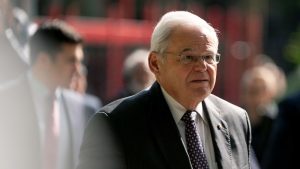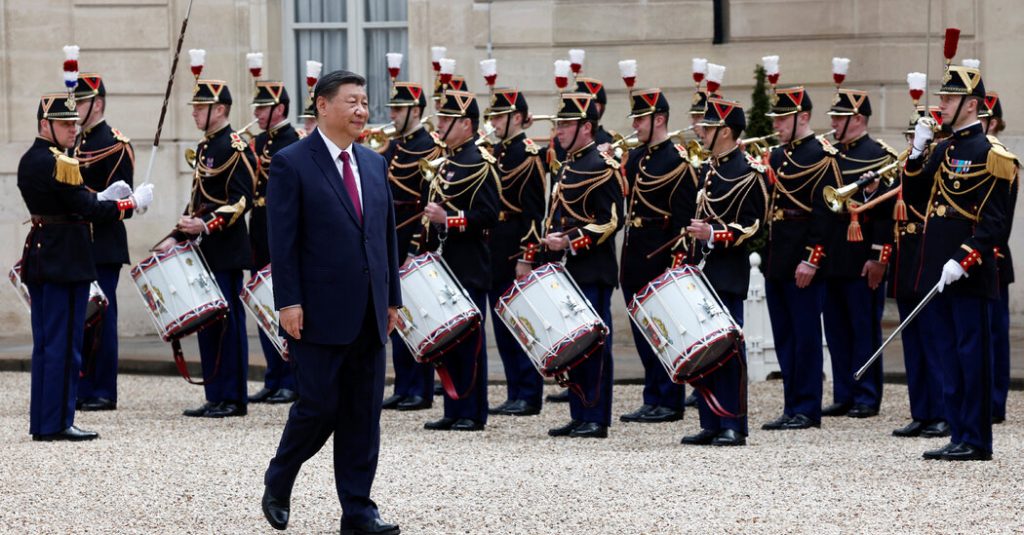When China’s leader, Xi Jinping, visited Eastern and Central Europe in 2016, there were high hopes for Chinese investment in the region. However, these hopes were dashed by China’s support for Russia in the war in Ukraine and the failure of many promised projects to materialize. As Xi returns to the region this week, he will focus on Serbia and Hungary, where long-serving authoritarian leaders maintain close ties with China. Unlike in countries like the Czech Republic, where attitudes toward China have soured due to the war in Ukraine, leaders in Hungary and Serbia continue to welcome Chinese investment.
Leaders like Viktor Orban in Hungary and Aleksandar Vucic in Serbia have maintained strong relations with China, despite the backlash from the war in Ukraine. Chinese investment in infrastructure projects in Hungary and Serbia has been substantial, totaling nearly $20 billion in each country. While projects like the high-speed railway between Belgrade and Budapest have faced delays, other investments have proceeded rapidly. Countries like Hungary and Serbia see China as an alternative economic and political partner to the European Union and the United States and are eager to demonstrate their independence through these relationships.
China’s growing influence in Hungary and Serbia is seen as an attempt by President Xi to reverse negative perceptions of China in Europe. While public sentiment towards China in European countries like the Czech Republic and the Baltic States has become increasingly negative, leaders in Hungary and Serbia continue to welcome Chinese investment and cooperation. For countries like Hungary, which have faced criticism from the EU and the US, China represents a stable and lucrative partner in the face of geopolitical challenges.
In Serbia, the connection between China and the former Yugoslavia is emotional, dating back to a NATO bombing of the Chinese Embassy in Belgrade in 1999. The incident, which many in China believe was intentional, has created a strong bond between the Serbian and Chinese people. Ahead of Xi’s visit to Belgrade, Serbian communists displayed banners expressing support for China and denouncing NATO aggression. Similarly, Hungary has sought to distance itself from the influence of the US and the EU, making it an appealing partner for China’s economic ventures.
Hungary, under the leadership of Viktor Orban, has prioritized economic cooperation with China, particularly in the electric vehicle sector. With Chinese investment totaling over $10 billion in Hungary over the past two years, Orban aims to establish the country as a manufacturing hub for EVs and related technologies. While this initiative has raised concerns in the EU about China’s dominance in the sector, Hungary’s long-term partnership with China may offer protection from potential tariffs on Chinese goods.
By continuing to invest in Hungary and Serbia, President Xi is signaling that China remains a significant player in Central and Eastern Europe. Despite challenges like the war in Ukraine and the decline of the 16+1 initiative, which has faced withdrawals from Baltic States, China remains committed to its Belt and Road program. The enduring relationships between China and countries like Hungary and Serbia, where stable leadership provides a favorable environment for investment, demonstrate China’s ongoing influence in the region and its ability to navigate geopolitical complexities.















